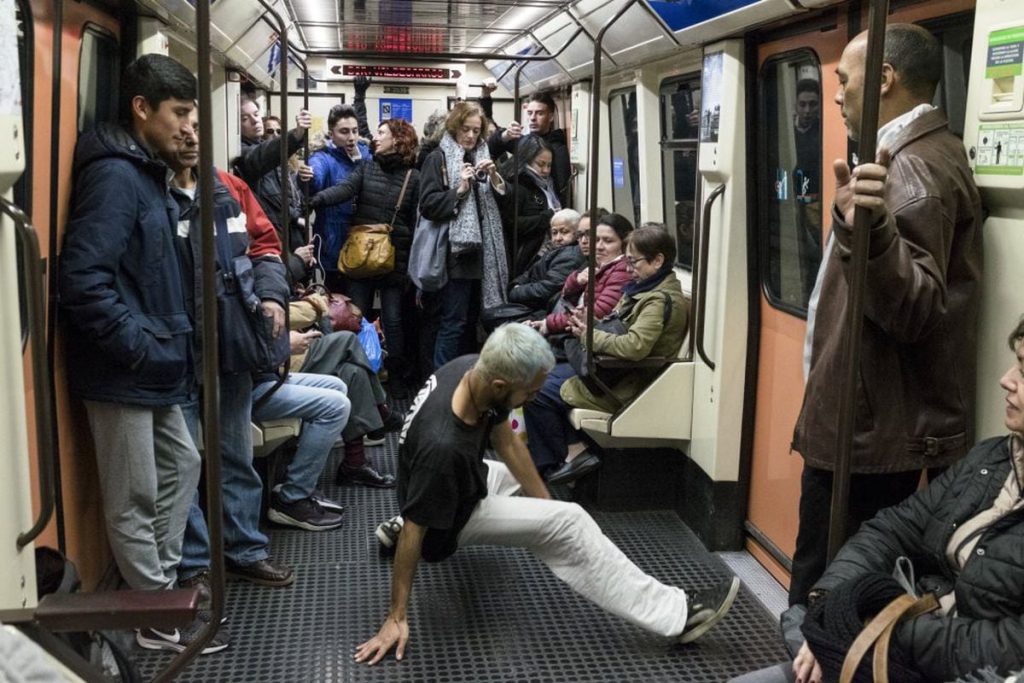The author reflects on their first year of work at the age of 19 and realizes they have approximately 39 more years of work ahead of them. They express frustration at the limitations of pursuing a career in the arts due to the demands of the salaried work system. They worry that being born into a wealthy family is becoming increasingly necessary to become an artist in today’s society. The author hopes to look back on their thoughts in the future and see that they were wrong, but currently feels constrained by the system they live in as a young aspiring artist in Madrid.
The writer discusses their admiration for their sister and her partner, who are foster parents. They talk about the generosity and love that foster families provide to vulnerable children, giving them a safe and stable environment to grow up in. The author highlights the importance of foster families as a lifeline for children who may otherwise have to spend their childhood in institutions, missing out on many opportunities. They express gratitude towards their sister for her role as a foster parent and for involving the family in this important work in Soria.
In a poignant reflection, the author questions what actions will be questioned by future generations, particularly regarding the Israeli-Palestinian conflict. They ask why Western governments did not take more effective measures to stop the atrocities being committed in Gaza, instead of just condemning them verbally. The writer challenges the lack of action and accountability in the face of such horrors, urging leaders to take responsibility for their inaction. This piece serves as a call to reflect on the consequences of turning a blind eye to conflict and suffering.
A powerful story is shared about an elderly individual who bravely recounts their experience of being raped and violated during a historical conflict. This revelation shocks their daughters, who are hearing the story for the first time, highlighting the silence and trauma that many survivors carry with them for decades. The author, now in their own old age, struggles with the idea of some wanting to repeal laws that aim to uphold the memory and recognition of such atrocities. The piece raises questions about the importance of historical memory and the ongoing impact of past traumas on individuals and society in Linares.
One writer challenges the prevailing sentiment of blanket criticism towards all politicians, arguing that not all are the same. They acknowledge the efforts of the government in addressing key issues facing Spaniards such as the pandemic, labor market regulations, and energy costs. However, they do acknowledge that there are differences in the tone of responses to opposition parties. The author calls for a more nuanced understanding of political leaders and their actions, emphasizing that not all politicians should be tarred with the same brush. This piece encourages readers to consider the complexities of political leadership and decision-making in Madrid.
Overall, these diverse perspectives offer a snapshot of current social and political issues in Spain, reflecting on themes of work, family, human rights, memory, and governance. The writers share personal experiences, reflections, and calls to action, highlighting the complexities and challenges of navigating the contemporary world. Their voices invite readers to engage with important societal debates and consider the impact of individual and collective actions on shaping the future. These pieces serve as a reminder of the power of personal stories and perspectives in driving dialogue and change within society.


